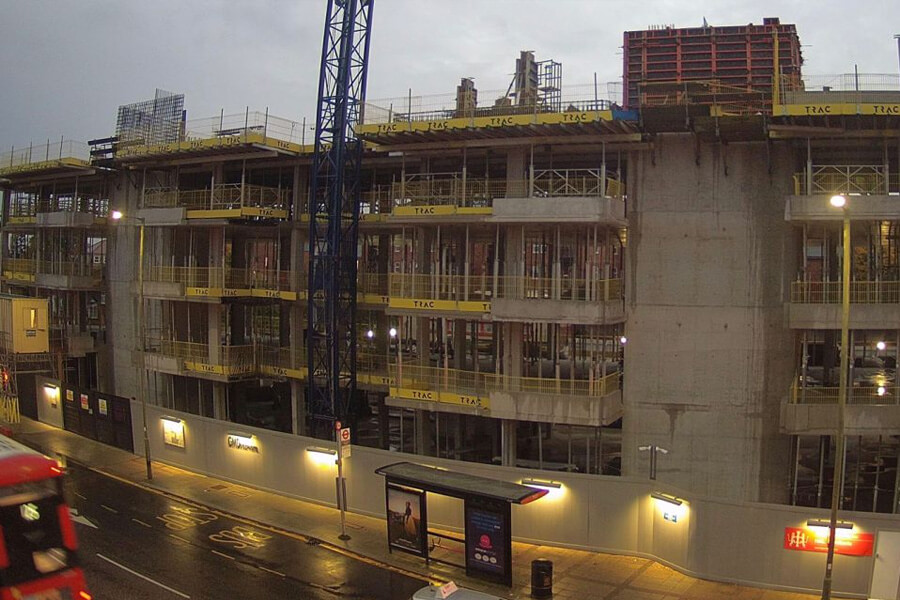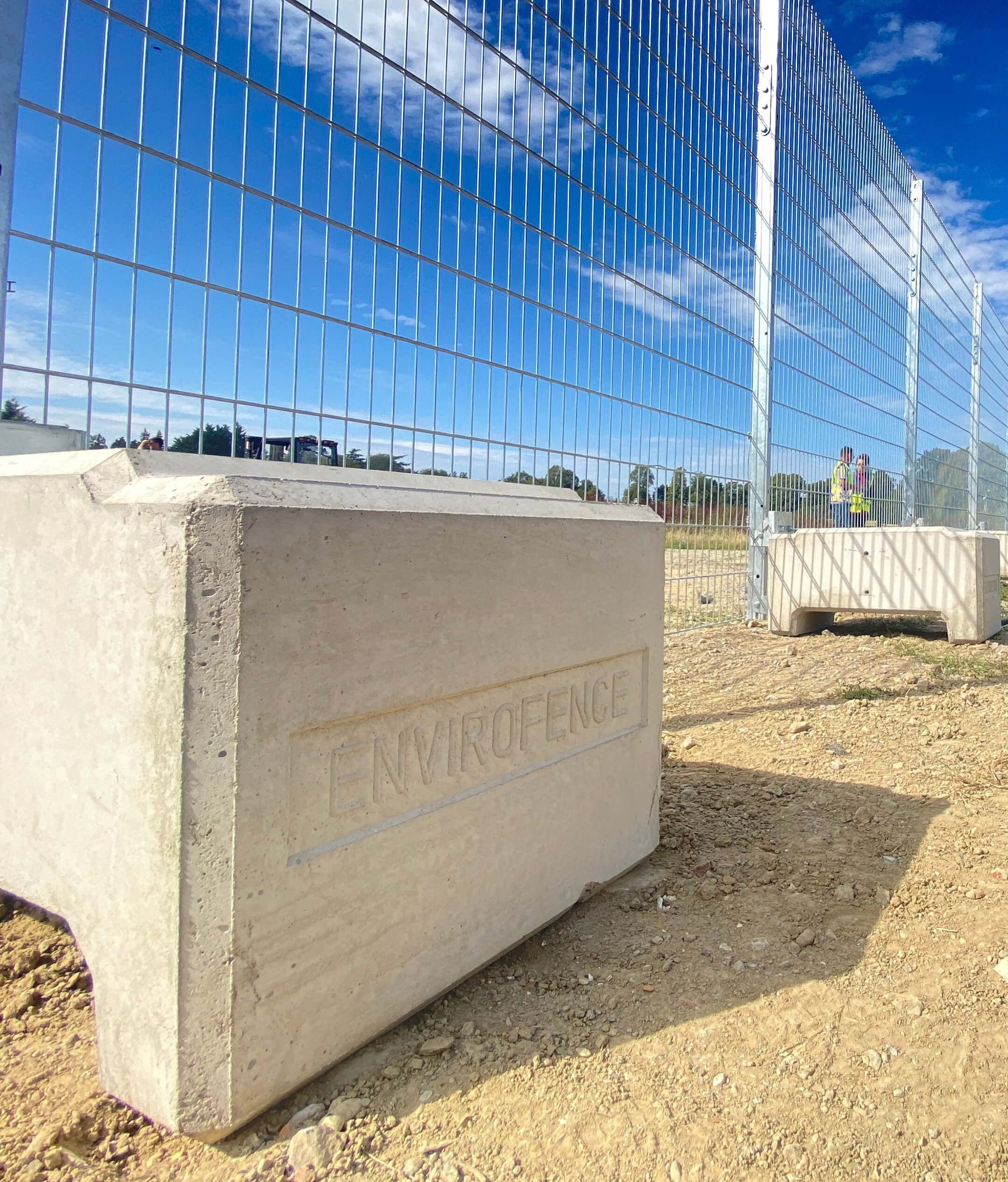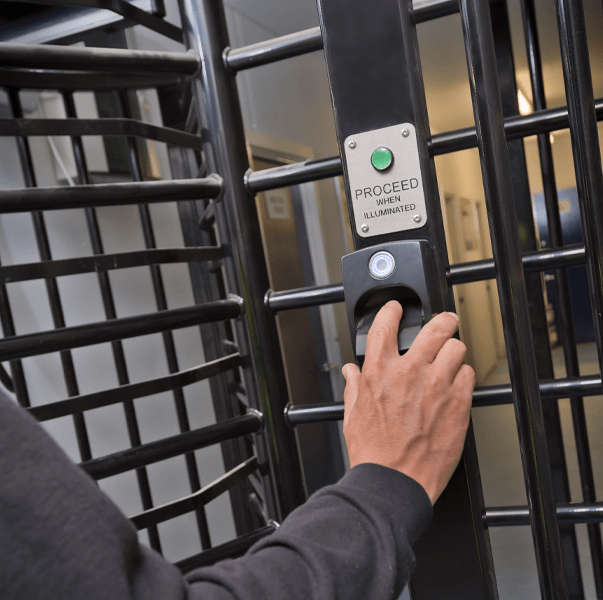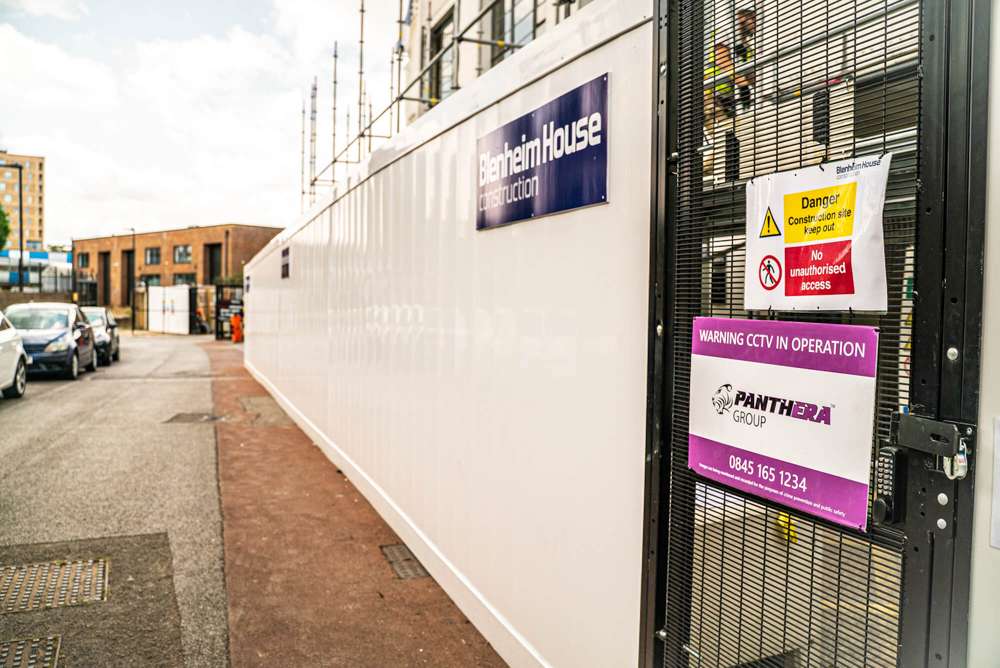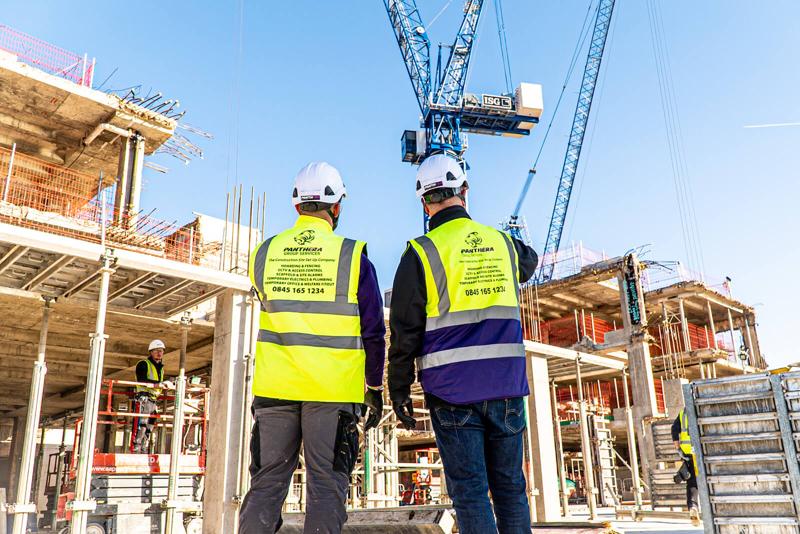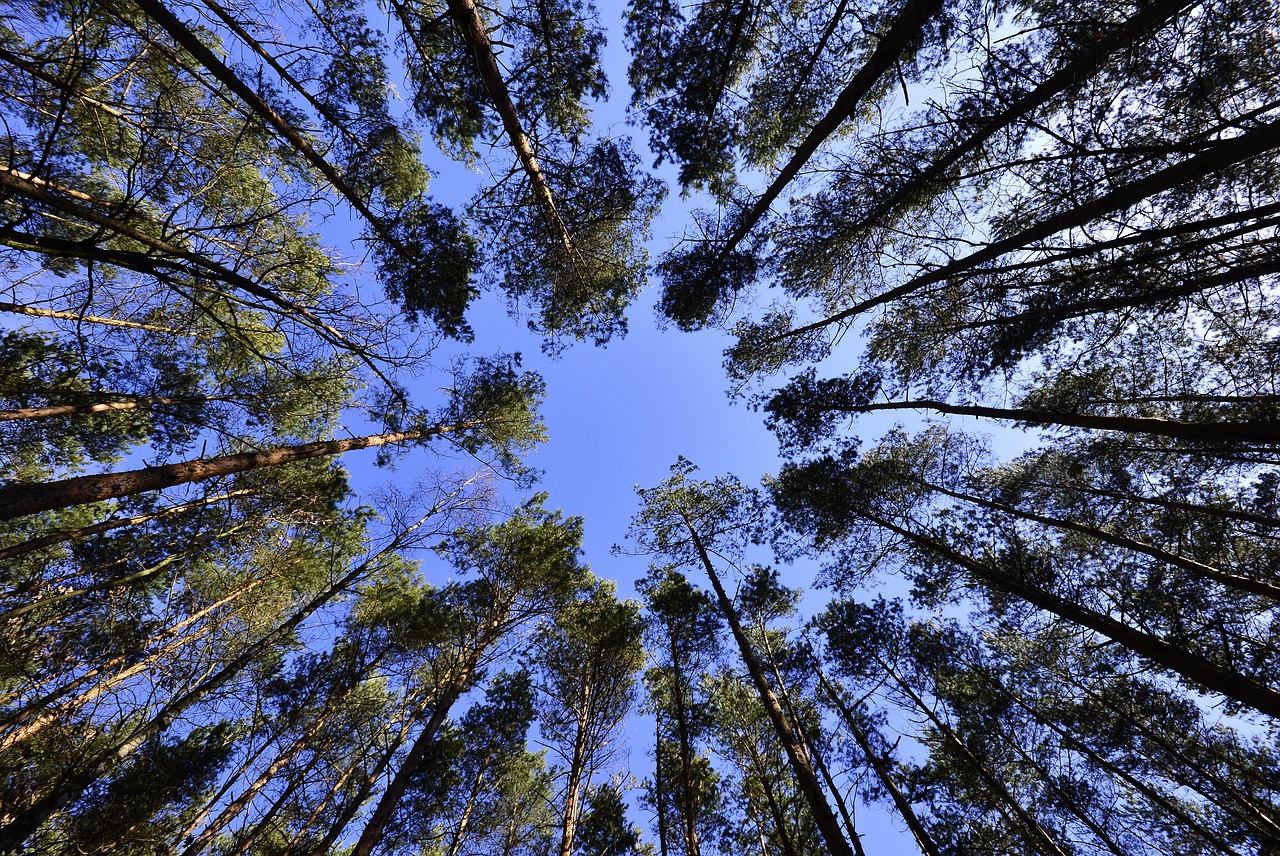The pressure is on to build ever more sustainable and environmentally positive practices into all areas of life, including work and business. The construction sector, to its credit, has embraced green policies with schemes including Considerate Constructors, BREEAM and Construction 2025; the UK strategy for sustainable construction.
Panthera Group, a leader in construction site services, has ethically sourced wood and timber for its hoarding business for many years, as evidenced by FSC® and PEFC™ certification.
However, its latest hoarding product, EnviroHoard™, goes a step further by completely eliminating the need to cut down trees for single-use timber hoarding. Instead the company developed a wholly closed loop uPVC sustainable hoarding solution to minimise impact on the world’s woods and forests. Deforestation results in habitat damage, biodiversity loss and aridity so, rather than use natural resources for a product that is used just once, a multi-use, recyclable alternative was developed.
The argument for contractors to switch to EnviroHoard™ is compelling:
- It is manufactured from 100% post-industrial recycled production uPVC
- It can be re-used multiple times
- It is recyclable and made into pellets which make the next generation of EnviroHoard™ panels
- Installing 100m of EnviroHoard™ saves the felling of these mature trees:
3 x 50ft, 40-year-old trees for framework
1 x 60ft, 60-year-old tree for plywood
- It is lighter than wood and therefore quick and easy to install
- It is temporary works compliant
- TWf: 2012 site specific conditions for wind, crowd and vehicles
- With each metre installed carbon offset credits are purchased that fund biodiversity and renewable energy projects across the world
- In the UK for every 100m installed, trees are planted in cities across the UK via Trees for Cities
- Supports BREEAM and Considerate Construction Scoring, whilst working towards Construction 2025
Wood from regulated sources has a major part to play in the building process. Frames, windows, roofs that will last decades are good examples of sustainable wooden products – when sourced from properly managed forests.
Timber hoarding once used, however, is either sent to landfill where it produces harmful methane, or chipped and burnt in power stations and sometimes made into chipboard. This involves the waste timber being industrially processed and shipped long distances with a significant carbon footprint.
Reuse, recycle and reduce with EnviroHoard™; a sustainable and ethical hoarding solution.
